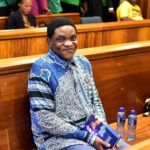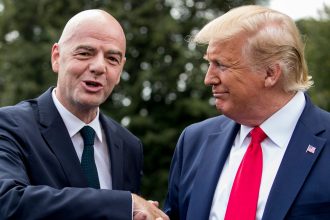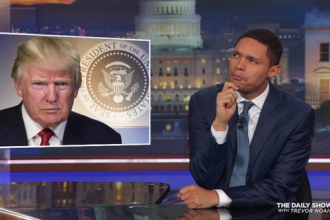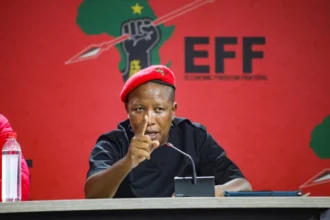In a move that has reignited political debate across the U.S., Donald Trump has hinted at the possibility of seeking a third term, despite the constitutional restriction limiting presidents to two terms. In a recent interview with NBC News, Trump suggested that “there are methods” to secure another run, adding provocatively, “I’m not joking.”
His remarks immediately drew sharp reactions from legal scholars, political analysts, and opponents, who see this as a potential challenge to the democratic norms that have governed U.S. presidential transitions for decades. The 22nd Amendment of the U.S. Constitution explicitly bars any president from serving more than two terms, making Trump’s comments both controversial and legally dubious.
Trump’s Suggestion of Loopholes
During the interview, Trump was asked directly about his interest in a third term. His response was cryptic but telling:
“I don’t want to talk about a third term now because, no matter how you look at it, we have a long time to go. We have almost four years to go. And that’s a long time.”
He went on to claim that “a lot of people” want him to run again and hinted at potential “methods” that could allow him to return to power. When pressed for specifics, Trump suggested that Vice President JD Vance could run and win, only to later hand over his presidency to him.
Legal experts have been quick to dismiss this idea, noting that such a maneuver would be blatantly unconstitutional. Presidential succession laws dictate that the office must transfer to the vice president or an elected successor, not be handed back to a former leader at will.
Rallying His Base or Testing the Waters?
Trump’s statements have left many questioning whether this is another attempt to energize his base or a genuine plan to challenge constitutional norms. His supporters have long embraced his populist rhetoric and anti-establishment stance, and the idea of him defying political conventions may further solidify his influence within the Republican Party.
However, Democrats and critics argue that these remarks expose Trump’s authoritarian tendencies and represent a broader effort to erode the foundations of American democracy. Political opponents have called for clearer enforcement of constitutional limits to prevent any future attempts at extending presidential power beyond its legal scope.
What’s Next?
While Trump stopped short of outright declaring a third-term bid, his veiled suggestions have sparked intense debate over the resilience of U.S. democratic institutions. With the 2028 election still years away, the political landscape remains uncertain. What is clear, however, is that Trump’s influence over American politics—and his penchant for controversy—shows no signs of fading.












